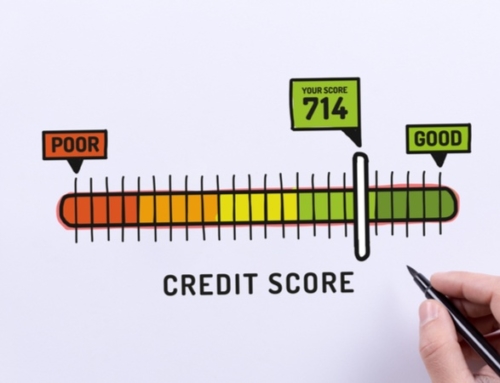Q: I’ve decided I really want to pay off the $13,000 in debt I have on my credit card. I’d like to start saving for a home and for my retirement and for the new car I’ll probably need to buy sooner rather than later.
I figure the best thing to do is to find a new credit card, since the one I have has very high interest. Each month, I pay $277 on my debt, of which $219 goes toward interest.
I have been looking for credit cards with zero percent financing on transferred balances. My goal is to get some breathing room on the finance charges. I’m not going to charge anything new on the card.
I’m worried that I won’t be able to get the entire debt paid off within the zero percent financing period and I haven’t found a “for life†offer on transferred balances. What should I do?
A: I think it’s great that you’ve decided to pay off this debt. Right now, you’re only putting about $58 per month toward your balance. At that rate, it’ll take you more than 15 years to get rid of it. It’s time for action.
If you go to CardWeb.com or CardRatings.com, you can find plenty of credit cards that offer 0 percent for a certain number of months. But most of the cards will eventually bump up to 6 to 9 percent interest or even more, and most of those are variable rates. As short-term interest rates goes up, the interest rates on these cards will float higher as well.
I did a quick check at CardWeb.com, and I didn’t see any “for life” offers of zero percent on transferred balances. That means you have a limited amount of time to make use of your zero percent interest.
According to the CardRatings.com calculator, if you continue to pay $277 per month on a card with no interest payments, you’ll still need 47 months, or nearly 4 years, to pay off your debt.
If you’re serious about paying off this balance over the next 9 to 12 months, or when your zero percent financing offer expires, you should think about getting a second job. If you could put $1,100 toward your debt each month, you’ll have your $13,000 in credit card debt paid off in a year.
Once the debt is gone, you might want to stay with your second job to build up an emergency cushion of $1,100 per month (what you had hopefully gotten used to paying the credit card company) which can be deposited into a savings account.
Or, perhaps you can go back to paying yourself $277 per month (or perhaps you can boost that to $500). Either way, you’ll be putting away money that you can use for a down payment on a home or for your retirement.
While taking a second job isn’t that much fun, the relief you’ll feel at being out of debt will be worth the short-term pain.






Leave A Comment